Several financial institutions do accept credit card payments for money orders while others do not. But the most advisable way of finding it out, whether you can buy a money order with a credit card or not, is to ask the official expert of the respective financial institution before buying the credit card. Here we will discuss about how can you make a money order with a credit card easily.
Can you Get a Money Order with a Credit Card?
At the same time, you also need to be careful about using it. Because using a credit card for purchase comes with more risks than you might have imagined. Hence it’s always better to check all such aspects before finalizing the purchase of the credit card.
In fact, many credit card issuers consider money order as cash advances with interest rates of up to 5% of the transaction amount plus higher interest rates.
What is a Money Order?
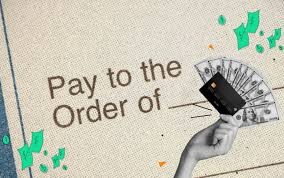
A money order is a guaranteed payment for a certain amount that can be used to pay bills or send money to specific people. However, unlike cash, you will receive a receipt to track your money or report your lost or stolen money order.
In general, money orders are limited to less than $ 1,000. If you need more, you will usually need to buy multiple payment instructions or choose a different payment method.
Money orders are widely used in retail outlets and post offices, and generally cost less than $2. They are an effective way to send money by mail or to pay the owner, but only if you use cash or a debit card.
Read More: Credit Card Security
Why Do You Need to Buy a Money Order?
If you have the money, you might wonder why a money order might be required. Here are some reasons.
Send Money by Mail:
- If you need to send a payment by mail, a money order is safer than sending money or checks.
- Money can be lost or stolen But in the money order, the payment can be canceled. Though it does charge additional fees and a process to follow.
- Like checks, money orders do not contain sensitive financial information that can be stolen.
International Money Transfer:
- Money orders make it easier to send money abroad.
- If the bank or credit union that issued the money order has branches in more than one country, you can buy money in one country and ask your beneficiary to repay it in another country.
- The US Postal Service offers international money orders for certain countries.
If it is necessary:
- A safe & reliable option for those who do not want to carry a huge amount of hard cash with them or avoid taking personal checks.
How to Fill Out a Money Order?
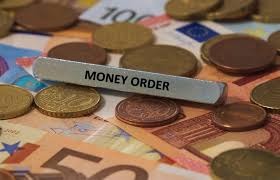
You can fulfill a mandate just as you issue a check. Once you have confirmed the amount for which you need the money order, enter your details on the front of the mandate and the contact information of the person who will receive the money order.
Like a check, you can write what the warrant is for if you want to exhibit it. Once all the information has been added, sign the front of the mandate and send it to the intended person or company.
Does Money Orders Expire?
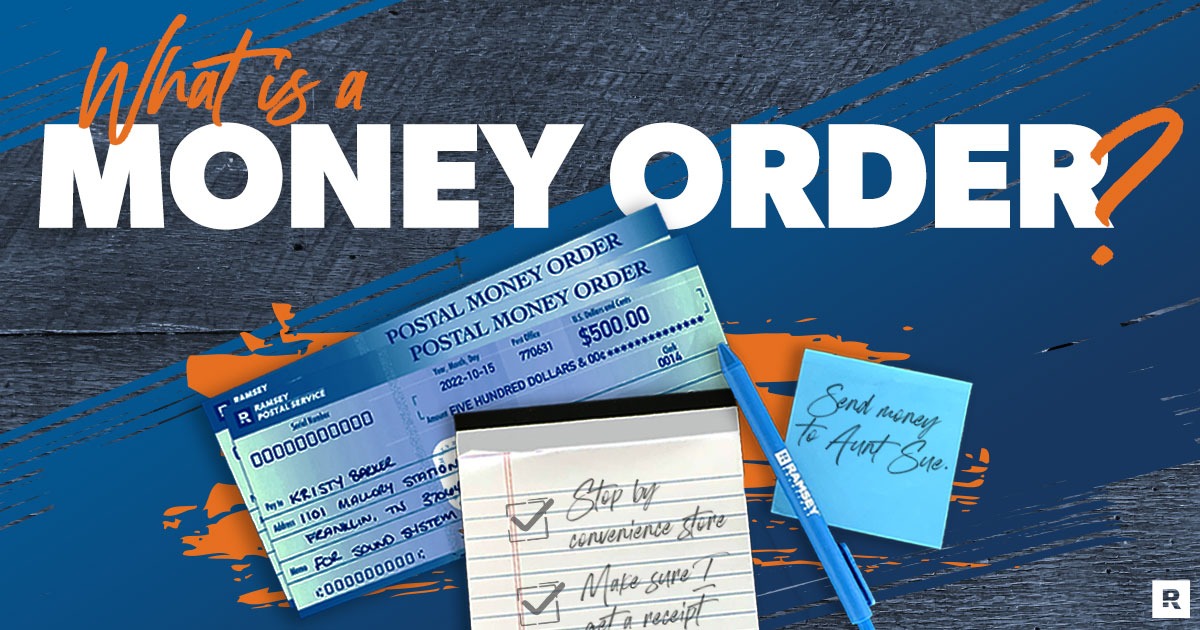
No, money orders do not expire.
However, depending on the state in which you purchased the money order and where it was purchased, if you’ve delayed obtaining the amount then it may cost you some fees.
If the money order remains unclaimed for more than 3 months, then it may not expire but is considered to be unpaid mandates.
It is always advisable to read the terms and conditions on the back of the mandate, which consists of a list of all the service charges. All fees charged to recover your mandate will be deducted from the total amount of the money order.
If you know that you are not charging for a term, you should consider purchasing it at the post office as it will never expire. You can also go to the place where the mandate was issued and ask for billing rules for a previous term.
Money orders are a reasonably-priced alternative and remain popular. US Post announced that more than 6 million US households in 2015 purchased approximately 100 million money orders with a nominal value of approximately $ 21 billion.
Before purchasing a money order, make sure that you understand the pros and cons and choose the issuer wisely.
Difference Between a Money Order, Personal Check, and Bank Check?
Almost similar-sounding methods of financial transactions viz. Money Order, Personal Check & Bank Check, do differ in their core nature. Let us share a little insight into all the three methods for your better understanding. Read through them and learn about the situation-based usage of all three payment methods.
Money Orders:
- Money orders correspond to a cash payment.
- Unlike personal checks, they are paid in advance, so the risk of them bouncing off is negligible or none.
- The limit of 1,000 USD makes money order a good option for paying small bills (such as house services or cables).
Personal Check:
- Unlike money orders, personal checks are not paid in advance.
- By issuing a check, you promise to pay a person or company a certain amount of money.
- The money will be debited from your bank account when the check is cashed or deposited by the recipient.
- If you do not have enough money in your account to cover the amount of the check, it can not be processed and the recipient will not be paid, against which additional fees are charged from the payer.
- Issuing a cashless check can also be illegal.
- Since checks do not have a dollar limit, they can be used for larger purchases and in situations where guaranteed payment is not required.
Bank Check:
- This type of check is issued by a financial institution, such as a bank or credit union, and not by an individual.
- Unlike a personal check, the financial institution guarantees the availability of money.
- If required, you’ve got to pay the check amount with an additional service fee.
- Bank checks are a great option for large purchases that require guaranteed funds.
Buy a Money Order with a Credit Card:

The answer is yes, some merchants do allow you to buy a cash advance with a credit card, but this can be expensive. Here’s a list of things that one needs to know, before buying a money order with a credit card.
Cash Advance Fees:
Cash advance fees on such money orders are typically 5% or 10 USD (whichever is higher) of the transaction amount.
Higher Interest Rate:
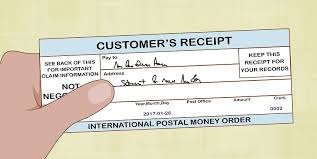
Most credit cards have a higher ‘Cash Advance APR’ than the normal purchase APR.
Zero Grace Period:
Unlike most credit card purchases, cash advances generate interest immediately. This means that you probably need more money for the fees every day after the day of the advance taken until you have paid them back.
No Rewards Earning:
Cash advances will not earn you any points and will not help you with minimal spending or free vacations.
Difficult to Pay:
if you make the minimum payment on your credit card, the issuer of your card decides where to allocate it, and it is probably your lowest-paying debt. If you already have a regular balance on a given card. You will not be able to pay your advance due to the minimum payments (and in the meantime, you’ll incur significant interest).
However, an amount that exceeds the minimum amount is usually paid at the highest annual rate, which is probably your prepayment.
Pros & Cons Of Using a Money Order:
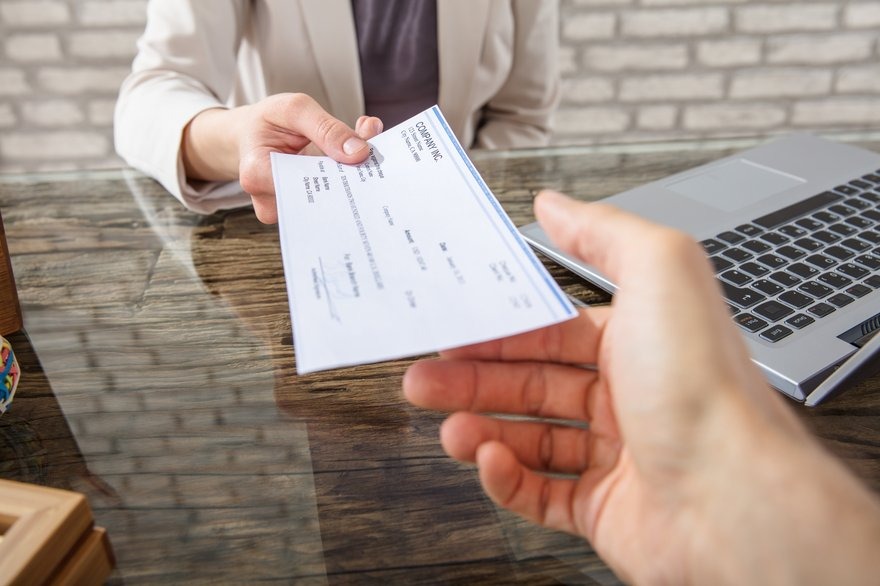
Pros:
- They are commonly accepted methods of payment and safer than carrying cash.
- Money orders don’t bounce like a check in case of insufficient funds since the amount has been prepaid.
- It is much cheaper than a bank’s certified or cashier’s check.
- Money orders are the safest payment alternative. As there will be no fraud or stealth of the money because money orders always need a signature and Photo Identity.
- You can send money orders through the mail if you don’t have a checking account while cash cannot.
The use of money order over cash and check make them a big plus in many situations, such as:
- The recipient does not feel comfortable trusting a personal check in case he does not know the sender or has had bad experiences with previous payments.
- The sender does not want to reveal his address or account number.
- When you want to make the payment without the risk of rejection due to insufficient availability of funds.
Cons:
- You may require a personal visit to a money order dealer.
- This may require to pay a purchase fee, unlike personal checks.
- A mobile deposit through all banks is not permitted.
- It’s a piece of paper that can get lost easily by the postal agent.
- If you lost money order or if you have to stop your money order for some reason. Then you will need to pay a small fee to stop the payment.
Alternatives Payment Options for Money Orders:
Go for the money order option for making any sort of payment, only after you’ve exhausted all the possible alternatives.
Here are some such alternatives that you can opt for before going for a money order purchase using a credit card:
- Online payment using a credit card.
- Use online platforms like Venmo or PayPal to help you fund your credit card transfer, nationally, for about 3%.
- For international transfers, you can use Revolut or TransferWise.
- To pay a stranger, you pay via one of the online platforms mentioned above or you can buy a money order with your debit card.
Conclusion:
While it is possible to purchase a money order with a credit card. This is almost never an advisable thing to do. In this article, we have covered every information on buy money orders with credit cards. If you have any opinions or suggestions regarding the same, let me know in the comments section below.
Read More:
What business can I start for myself?

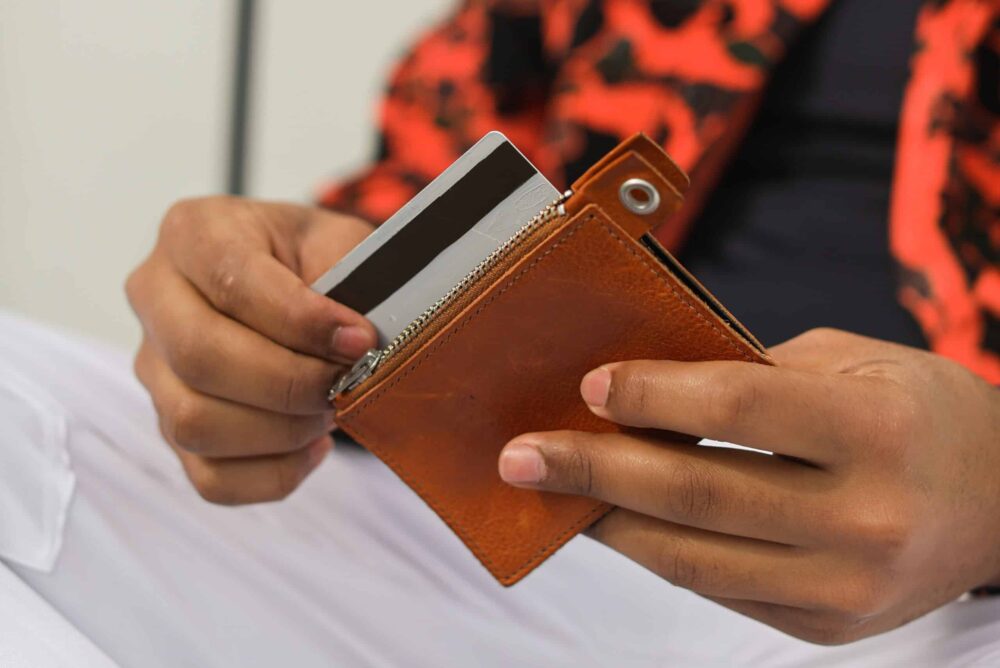

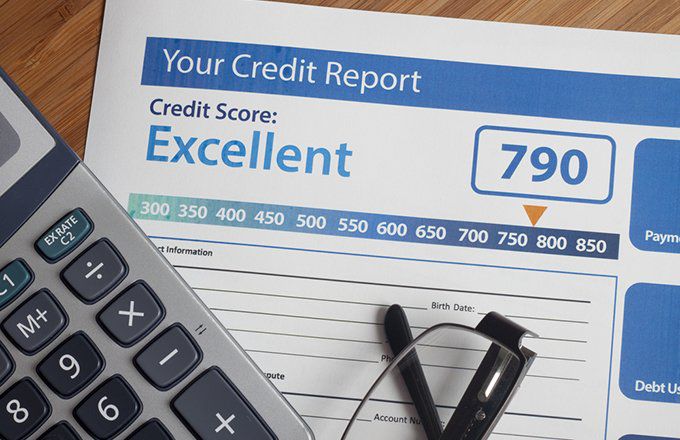

very informative and useful article for credit card users. i will share your blog in my groups. Thanks a lot for sharing and keep posting.